
This article is more than
1 year oldIsrael’s military said on Saturday it had “eliminated” Hezbollah leader Hassan Nasrallah in an air strike on Beirut’s southern suburbs, though the group has yet to comment on his fate.
If confirmed, Nasrallah’s death would deal a massive blow to the Iran-backed group which he has led since 1992, potentially destabilising Lebanon as a whole.
A source close to Hezbollah told AFP that contact with Nasrallah had been “lost” since Friday night.
Rarely seen in public, Nasrallah enjoys cult status among his Shiite Muslim supporters and is the only man in Lebanon with the power to wage war or make peace.
“Hassan Nasrallah is dead,” Israeli military spokesman Lieutenant Colonel Nadav Shoshani announced on X.
Another military spokesman, Captain David Avraham, also confirmed to AFP that the Hezbollah chief had been “eliminated” following strikes Friday night on Beirut.
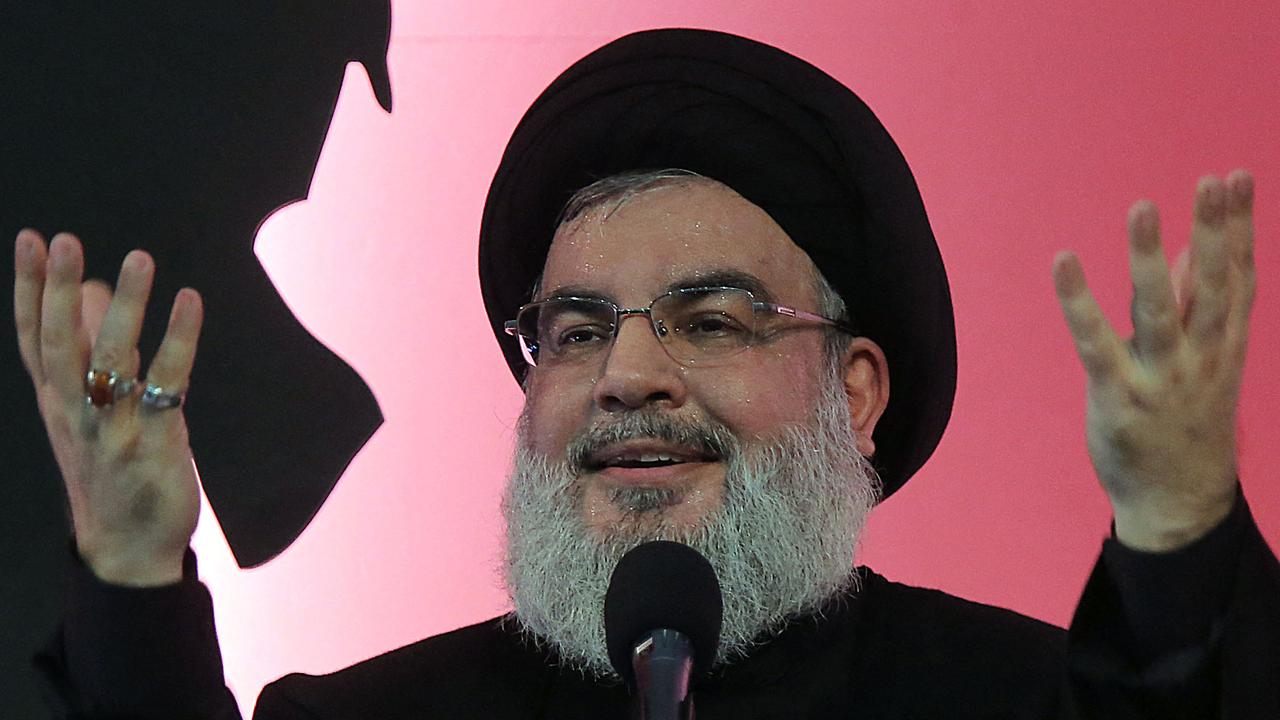
The Lebanese group, which normally confirms major deaths among its ranks on the same day, has yet to comment officially on Nasrallah’s fate.
An Israeli military statement said: “During Hassan Nasrallah’s 32-year reign as the Secretary-General of Hezbollah, he was responsible for the murder of many Israeli civilians and soldiers, and the planning and execution of thousands of terrorist activities.”
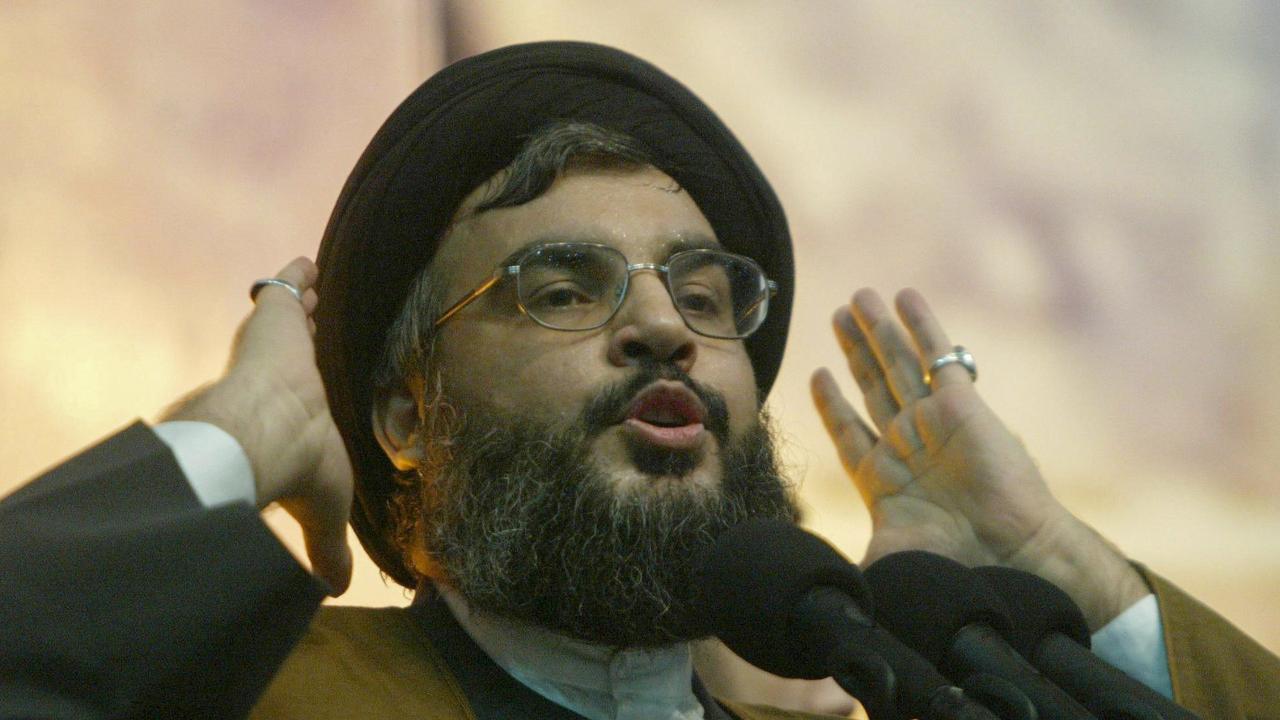
Israel’s army chief Lieutenant General Herzi Halevi meanwhile vowed to “reach” anyone who threats Israeli citizens.
Displacement
The blasts that rocked southern Beirut late Friday were the fiercest to hit the group’s stronghold since Israel and Hezbollah last went to war in 2006.
Israeli jets kept up their bombardment of the city’s southern suburbs on Saturday, sending panicked families fleeing.
An AFP photographer said Saturday dozens of buildings were destroyed.
After heavy strikes Friday, Israel issued fresh warnings for people to leave part of the densely populated Dahiyeh suburbs before dawn.
Hundreds of families spent the night outside, in central Beirut’s Martyrs’ Square or along the seaside boardwalk area.
South Beirut resident Rihab Naseef, 56, slept outside a church.
“I didn’t even pack any clothes, I never thought we would leave like this and suddenly find ourselves on the streets,” Naseef told AFP.
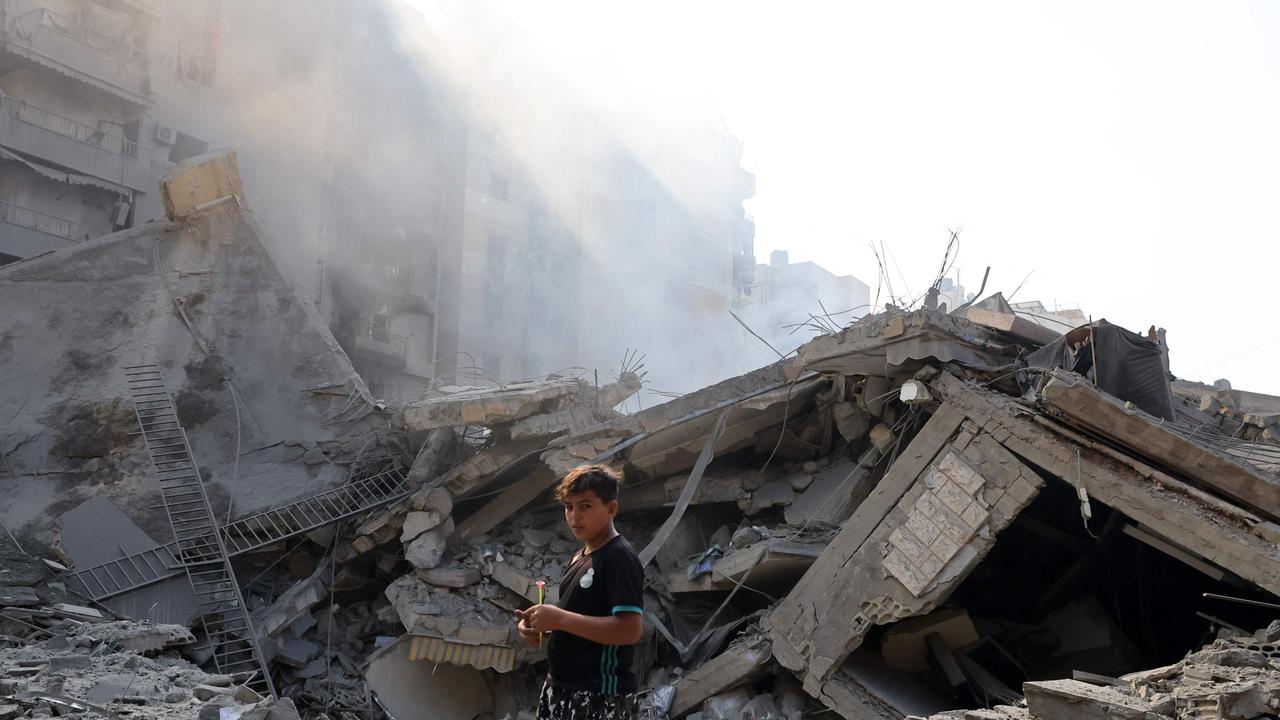
Israel’s military also announced “extensive strikes” on the Beqaa area in eastern Lebanon and on the south, saying it hit “dozens of terror targets”.
It said a surface-to-surface missile fired from Lebanon fell in an open area in central Israel and another was intercepted in the north.
A ‘precise’ strike
Israeli Prime Minister Benjamin Netanyahu has vowed to keep fighting Hezbollah until the country’s northern border with Lebanon was secured.
“Israel has every right to remove this threat and return our citizens to their homes safe,” he said.
Hezbollah began low-intensity cross-border attacks a day after its Palestinian ally Hamas staged its unprecedented attack on Israel on October 7.
Israel has over the past few days shifted the focus of its operation from Gaza to Lebanon, where heavy bombing has killed more than 700 people and sparked an exodus of around 118,000 people.
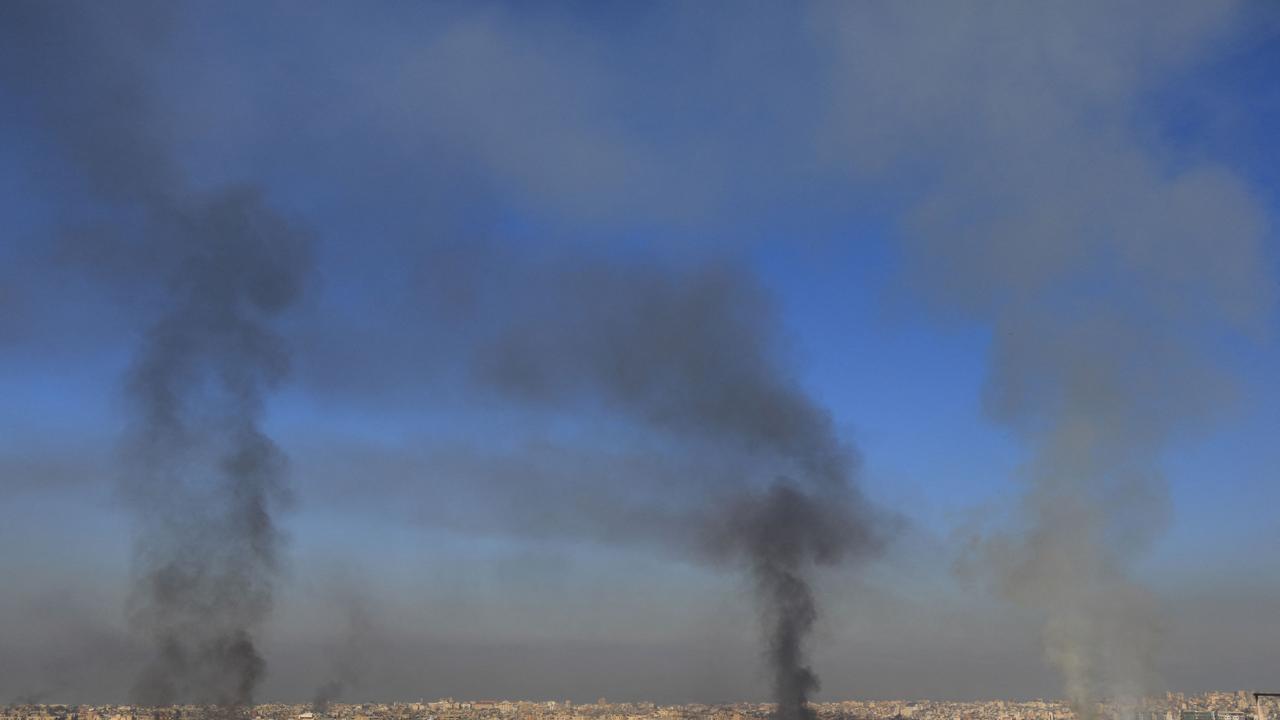
Israeli military spokesman Daniel Hagari said Friday a “precise strike” hit Hezbollah’s “central headquarters” underneath residential buildings in Dahiyeh.
In the Haret Hreik neighbourhood, an AFP photographer saw craters up to five metres (16 feet) wide left by the blasts.
A second wave of attacks in the same area followed early Saturday, as the Israeli military said it warned civilians to get away from three buildings in the heart of Dahiyeh.
Early Saturday, Hezbollah claimed a rocket attack on kibbutz Kabri in northern Israel, “defending Lebanon and its people”.
Hezbollah later said it launched “a salvo of Fadi-3 rockets” towards the Ramat David air base in northern Israel.
‘Incredibly exhausting’
Israel this week raised the prospect of a ground operation against Hezbollah, prompting widespread international concern.
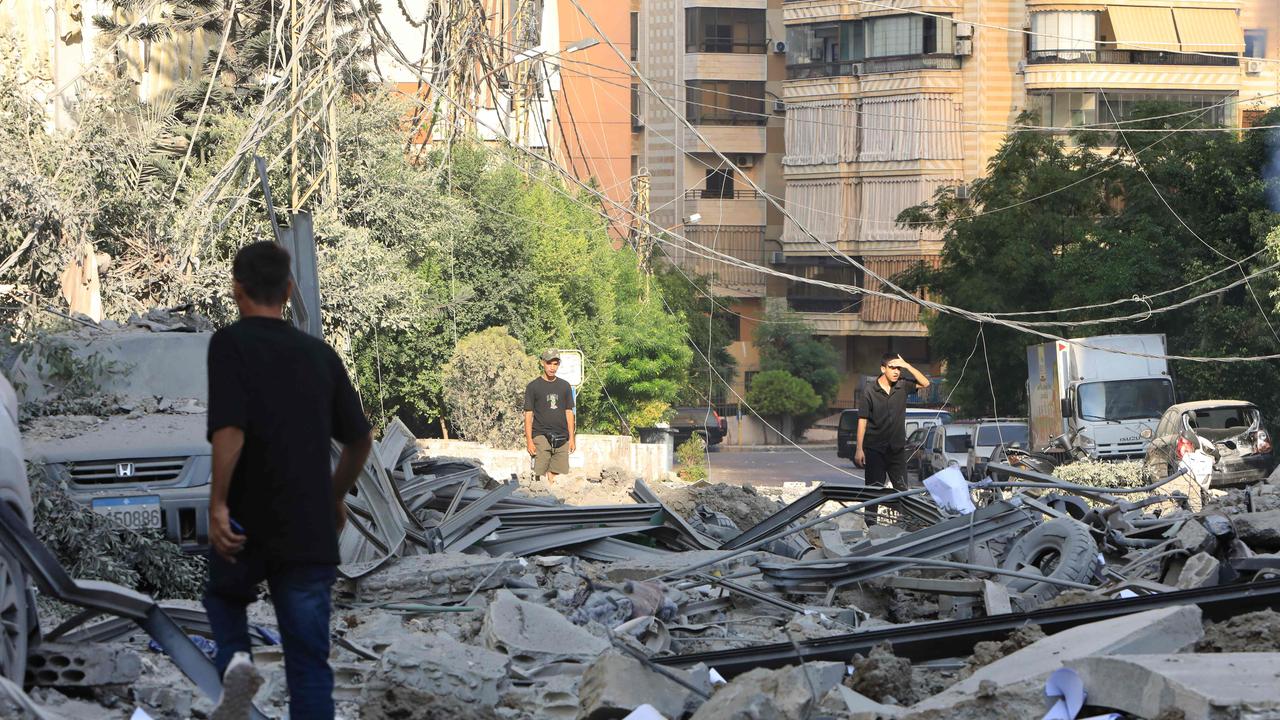
“We must avoid a regional war at all costs,” UN chief Antonio Guterres told world leaders, again appealing for a ceasefire.
In Israel, too, many were weary of the violence.
“We don’t really know what’s going to happen, there’s talk of a ground offensive or a major operation,” said student Lital Shmuelovich.
Diplomats have said efforts to end the war in Gaza were key to halting the fighting in Lebanon and bringing the region back from the brink.
Hamas’s October 7 attack on Israel resulted in the deaths of 1,205 people, mostly civilians, according to an AFP tally based on Israeli official figures that include hostages killed in captivity.
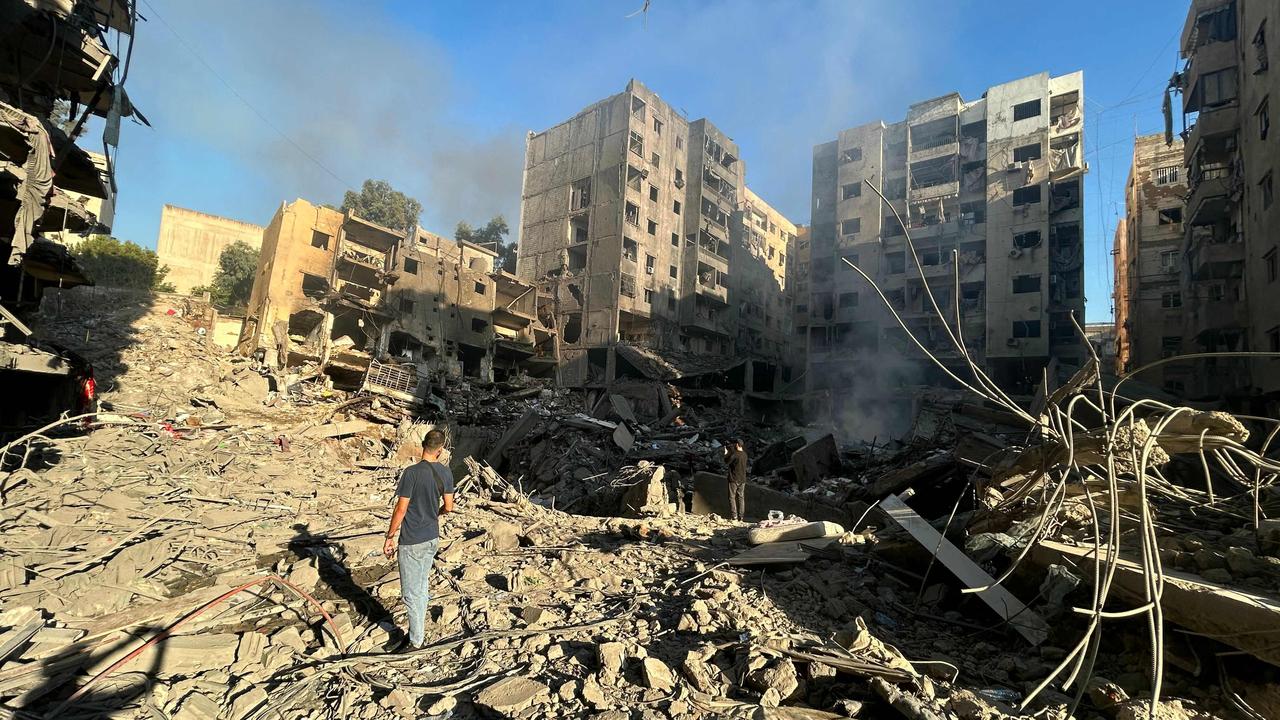
Of the 251 hostages seized by militants, 97 are still held in Gaza, including 33 the Israeli military says are dead.
Israel’s retaliatory military offensive has killed at least 41,586 people in Gaza, most of them civilians, according to figures provided by the Hamas-run territory’s health ministry. The UN has described the figures as reliable.
The Lebanon violence has raised fears of a wider spillover, with Iran-backed militants across the Middle East vowing to keep fighting Israel.
Netanyahu addressed Iran in his UN General Assembly speech, saying: “I have a message for the tyrants of Tehran. If you strike us, we will strike you.”
“There is no place in Iran that the long arm of Israel cannot reach, and that’s true of the entire Middle East.”
Iran’s Foreign Minister Abbas Araghchi at the Security Council denounced what he called Netanyahu’s “outrageous threats to invade other states and kill more people”.